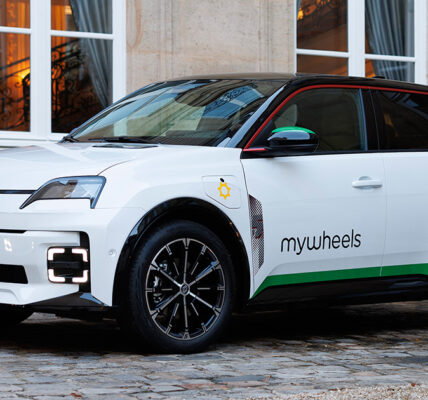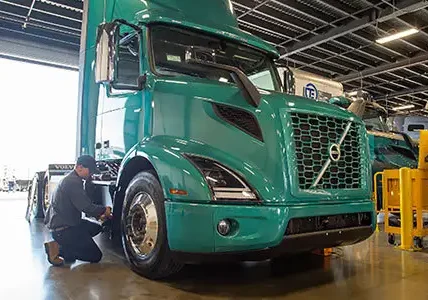A small Greek island is testing full electrification, while Spain’s Balearic and Canary Islands take advantage of their size to take national transport regulations further
An electric van meanders along a winding road as softly as the sun-drenched waves lap upon the shore. The driver stops and greets a young man, who climbs in and sits in the rear seats. Four minutes later, a young woman gets in. The route, which takes just 15 minutes, has been adapted at the request of the three passengers, who have previously booked their route using a mobile application. This innovative on-demand electric public transport is not operating in a large city or in a modern industrial centre, but in Astypalea, a secluded Greek island of just 1,400 inhabitants and shaped like a butterfly. The island territories — the Balearic and Canary Islands in Spain — which are more vulnerable to climate change, are taking advantage of their smaller landmass to promote more rapid changes that anticipate what future mobility will look like.
“Islands have a limited surface area, and that allows them to make the transition to more sustainable mobility sooner,” notes May Lopez, spokeswoman for Businesses for Sustainable Mobility. “On the one hand, there are a lot of rental car fleets that are frequently renewed, and rental companies can be set more ambitious targets than private individuals; on the other hand, they are also undertaking projects to push LNG gas and hydrogen in shipping,” she continues.
Astypalea, which is becoming known as “electric island,” is the testing ground for a powerful electrification project — driven by the Greek government and Volkswagen Group — to replace all its combustion vehicles with zero-emission vehicles. On the one hand, they have launched Astybus, an on-demand service provided by five electric vans that pick up passengers and take them to locations they have previously chosen using a mobile app. “A cab would have cost me €10 ($11), this one costs me five, the problem is that the service stops at 8pm,” explains one of the users. In addition, the ambulance that covers the island’s three villages is also electrified, as are the police cars and the Spanish-made motorcycle ridden by its mayor, Nikolaos Komineas.
At the moment, there are 84 electric vehicles on the island (almost all Volkswagen), which are still in the minority compared to the total number of vehicles on the island. The Greek state is offering potential buyers the largest public subsidy in the whole country for the purchase of a zero-emission car, up to €12,000 ($13,120), to carry forward an ambitious project which, in addition to replacing old cars, will be accompanied in the summer by Greece’s first car-sharing scheme: cars, motorcycles and bicycles (all electric) can be booked through an app designed by Code, a subsidiary of Seat.
Astypalea has become a laboratory to find out to what extent carbon neutral mobility is possible. Just an hour’s flight from Athens, this island of classic white buildings with its indigo-crowned churches seems to be the perfect size for testing: 97 square kilometers (37.45 square miles), 1,330 inhabitants (although it receives 36,000 tourists in the summer months) and 1,500 vehicles. Maik Stephan, head of Business Development at Volkswagen Group, avoids setting dates for achieving the goal of full electric mobility, but believes that, under his plans, the total fleet of vehicles that the island will eventually have will be reduced by a third thanks to shared mobility. “It is a transition that is taking time, but it is already producing results. It’s not just theory,” the island’s Mayor Komineas adds.








